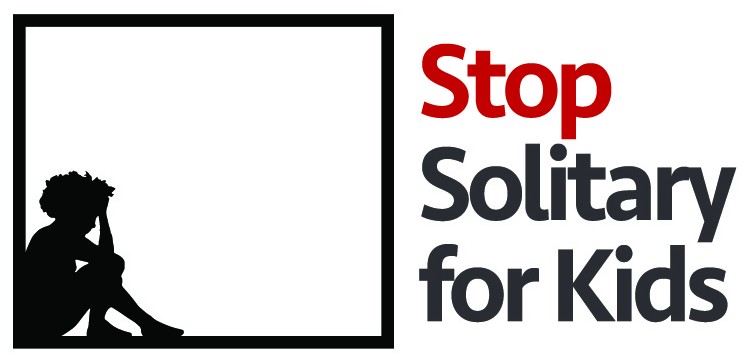NEW MEXICO LEGISLATURE PASSES LAW TO LIMIT SOLITARY (April 2019)
In April 2017, New Mexico’s governor is signed House Bill 364, which was passed by the state legislature with broad bipartisan support. The bill limits the use of solitary on youth and other groups and requires prisons and jails to become more transparent about solitary confinement. HB 364 uses similar language as the legislation passed in 2017 but vetoed by the then-Governor. The current language prohibits solitary confinement for juveniles, pregnant women, and those with serious mental disabilities in solitary confinement. The law defines solitary confinement - referred to as “restricted housing” - as “confinement of an inmate locked in a cell or similar living quarters in a correctional facility for 22 or more hours each day without daily, meaningful and
sustained human interaction. The law creates exceptions when solitary can be used for inmates with serious mental disabilities , but specifies that “an inmate who is younger than eighteen years of age shall not be placed in restricted housing.”
- Read House Bill 364
- Click to read an overview of work to end solitary confinement in NM from Sept. 2018
NEW MEXICO SOLITARY BILL VETOED BY GOVERNOR (April 2017)
On April 6, 2017, New Mexico Governor Susana Martinez vetoed House Bill 175, which was passed by the legislature to limit solitary for kids and other vulnerable populations. In her veto statement, Martinez said the bill “oversimplifies and misconstrues isolated confinement,” despite the fact that the bill had bipartisan support and support from correctional unions.
In 2017, the New Mexico legislature passed House Bill 175, a bill that would have prohibited the use of solitary confinement for youth under 18 and pregnant women, and limit use on those with mental illnesses to a maximum of 48 hours. HB 175 was introduced in January 2017 by Representative Joe Maestas, while the companion Senate Bill 185 was introduced by Mary Kay Papen. Though county officials and some state corrections officers initially opposed the bill’s ban on all solitary confinements, amendments that permitted up to 48 hours of isolation for those suffering from mental illness secured support from the union representing jail and prison guards.
The bill also required quarterly reports from jails and prisons to the county commissions and the legislature, showing the demographic information on the use of solitary. New Mexico does not currently track data on how many kids, or adults, are subjected to solitary confinement. The state Department of Children Youth and Families claimed that it does not use solitary in its facilities but is not able to offer information about whether solitary is used in the seven county facilities where kids are held before trial.
NEW MEXICO SUED SEVERAL TIMES FOR USING SOLITARY ON KIDS
The Governor’s veto of HB 175 comes despite the fact that the New Mexico counties, including Doña Ana and Sandoval counties, have already paid millions of dollars in several cases brought by children and people suffering from symptoms of mental illness after they were subjected to harsh conditions in isolation. Matthew Coyte, an Albuquerque civil rights attorney has filed many of these lawsuits. In July 2016, Coyte represented a New Mexico mother who sued Curry County, NM for keeping her autistic son, C.C., in solitary confinement for 11 months. C.C. suffers from autism, obsessive-compulsive disorder and attention deficit/hyperactivity disorder. Rather than providing mental health treatment , medication, and special education, staff at the Curry County Juvenile Detention Center placed C.C. in isolation, despite expressing a desire to harm himself. Click here to read the complaint. Coyte sued the same facility for using solitary and other abusive practices on another youth, reaching a settlement of $450,000 in 2010. In an interview with local radio channel KUNM, Coyte, argues that the Governor’s veto won’t make facilities or communities safer. “The foremost psychiatrist in charge of CYFD testified that this is a public safety measure that would help public safety, he said.”
